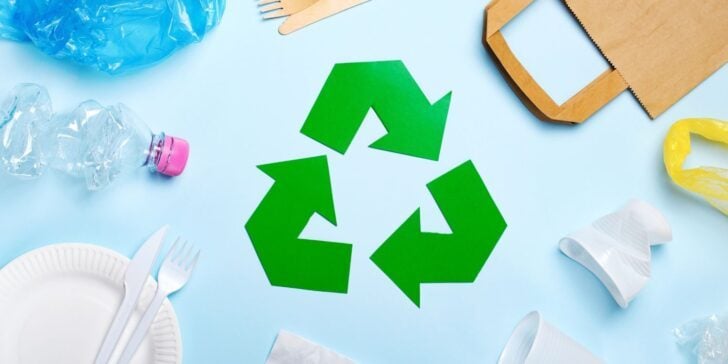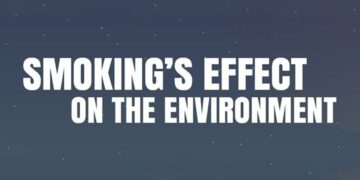Is recycling the ultimate green solution, or is it just a clever marketing trick for mega-corporations?
It’s a question that’s been on many minds lately, especially as more and more businesses hop on the recycling bandwagon.
From chemical additives complicating the recycling process to the harsh reality of economic viability, the journey of plastic from trashcan to recycling plant isn’t as straightforward as we might think.
So, grab your reusable water bottle, and let’s dive deep into the murky waters of plastic recycling.
When did people first start recycling?
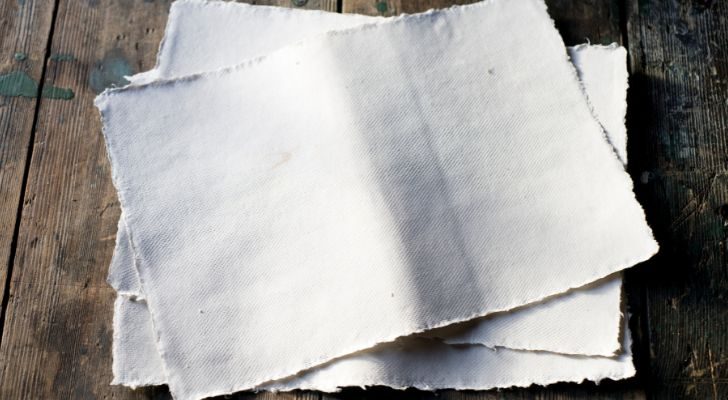
The earliest record of someone at least talking about recycling comes from Greece in the ancient writings of the Greek philosopher Plato in the 4th century BC.
It’s believed, however, that people have probably been recycling a lot longer than this, as ancient people’s resources were more scarce.
When it comes to hard evidence, though, the earliest direct reference to recycling being done comes from 1031 in Japan. There, kamiya-gami (recycled paper) was often sold by kamiya (paper shops).
It wasn’t until sometime during the pre-industrial period (around 1750 to 1850) that there was evidence of a continuous system of collecting scrap metal and melting it down for reuse.
Do all plastics get recycled?
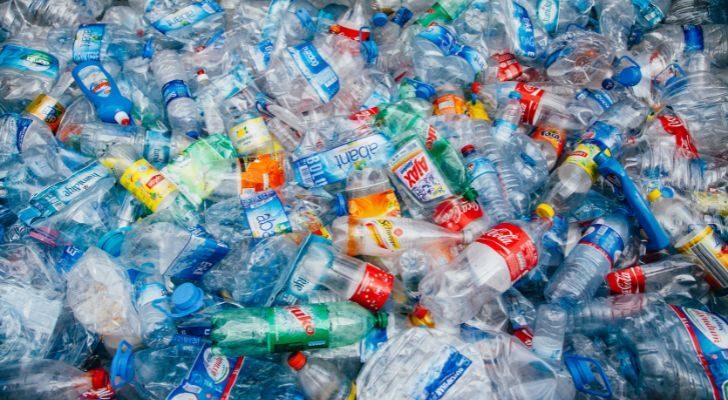
While plastic is indeed recyclable, some plastics have chemical additives that recycling facilities can’t use. So, sadly, much of the plastic we throw in the recycling bin can still end up in landfills.
That’s not all, though. A lot of recyclable plastic is never processed due to the large costs involved.
For example, the process of recycling plastic can be a lot more expensive (in the short term) than just creating new plastic.
Whether plastic is sorted by hand or by costly sorting machines, the numbers just don’t add up well enough to incentivize plastic recycling on a large scale.
Secondly, a sad truth about recycling plastic is that no matter how well you sort it, it will always be of lower quality than freshly-made plastic.
Is recycling greenwashing?
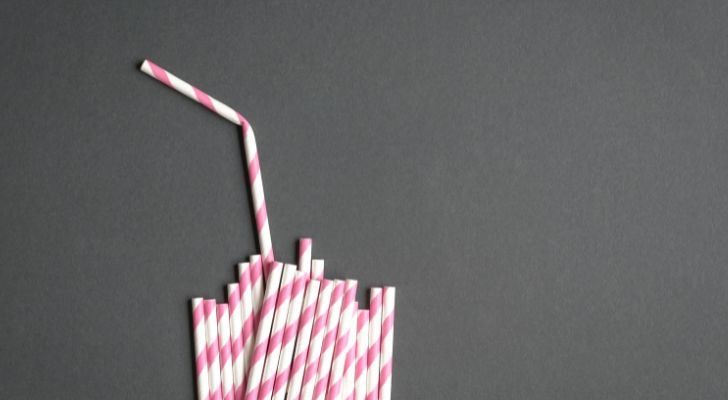
Countless businesses worldwide, from fast-fashion brands to fast-food chains, have been accused of this particularly deceptive form of marketing.
One example of brands taking advantage of eco-conscious customers is McDonald’s, which in 2019 replaced all the plastic straws in their UK branches with paper ones.
At first glance, the fast-food chain’s initiative seemed to be an environmental one, until it was discovered that the paper straws it used weren’t recyclable!
However, in general, not all brands that promote recycling greenwash their customers. Thankfully, there are some that are true to their words.
So yeah, while companies definitely do mislead us into thinking they’re more eco-friendly, that shouldn’t distract us from the very real differences recycling can make.
For example, a 2021 case study in Tanzania found that recycling, when combined with sorting and reuse at a household level, can lead to a whopping 65% decrease in landfill waste!
Is upcycling better than recycling?
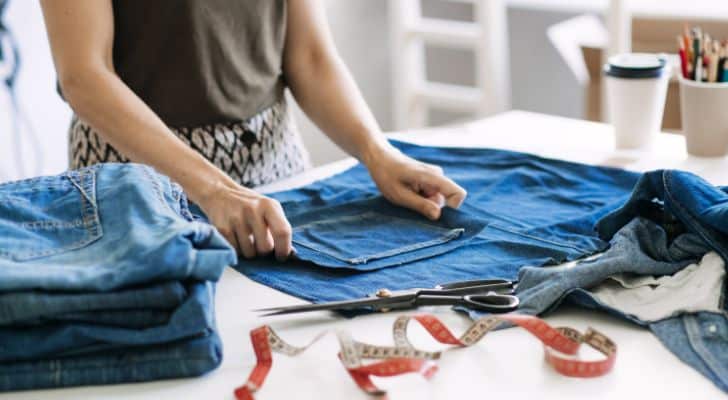
While recycling focuses on breaking down materials to create new ones, upcycling is all about repurposing objects to give them a second life.
A great example of upcycling would be using worn-out denim jeans to make backpacks or tote bags!
As you can see, upcycling doesn’t have to rely on complex machinery.
That’s why some environmentalists consider it better than recycling, as it’s less expensive and more accessible to the average person.
Does reusing count as recycling?

Have you ever heard the phrase “reduce, reuse, recycle”? If so, let that be a reminder that reusing doesn’t necessarily mean recycling.
In fact, this phrase alone implies that recycling should be your last resort!
When you reuse things, you prolong their life; there’s no need for alteration, and no extra energy is used.
For example, you could use plastic bags from the grocery store as trash bags.
Another practice worth knowing is repurposing. As the name suggests, it’s about reusing objects, like a used jar of peanut butter, for a different purpose, such as a pencil or toothbrush holder.
Or even use an old glass jar as a candle holder.
And yes, just like upcycling, reusing (as well as reducing and repurposing) is far better for the environment than recycling!
There are definitely better ways to save our planet besides recycling, at least with our current recycling processes.
But this doesn’t mean that we should all just give up on it.
Yeah, sure, recycling doesn’t make that much of a big impact on solving environmental problems.
However, it still somewhat contributes to reducing our waste, and it’s definitely better than doing nothing at all!
So, don’t be too hard on people who advocate for recycling, and definitely don’t go around suggesting it’s not worth it.
After all, every little bit we can do for our planet helps!

